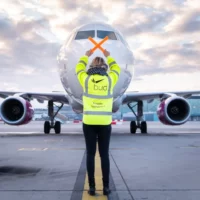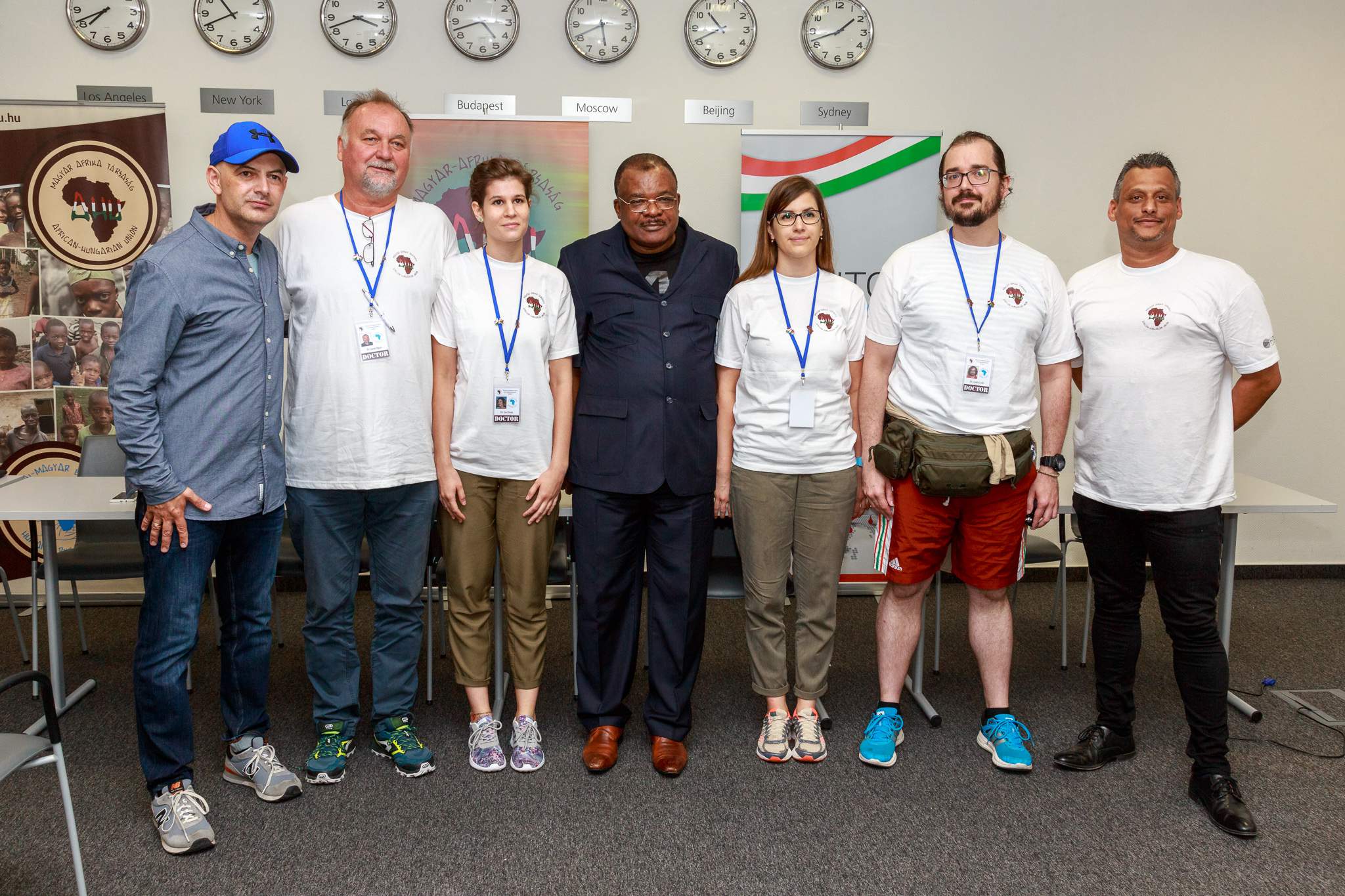“Not difficult, but different” – interview with a Hungarian medical missionary in Malawi
We have reported about the 19th Hungarian medical missionary group arriving in Malawi, Africa and the adventures they had to face during the first days of their stay. Afri café conducted several phone interviews with one of the medics, so now we can experience the story from an insider’s point of view.
The interview was conducted with Dr Csaba Loibl, professor assistant at the University of Pécs, Department of Anaesthetics and Intensive Therapy. As it was revealed previously, the initial number of the team was set to be five, but one of the medics has fallen so ill that she could not participate in the mission.
The mission took place between 12 June and 27 June. The interview was carried out while the missionaries were still in Blantyre, Malawi, treating patients at the Queen Elizabeth hospital.
Dr Loibl described Malawi as a beautiful country, where one meets severe poverty alongside extreme wealth.
The Hungarian team, however, treats mostly the poorer strata of society, representing challenges never faced before in Hungary.
As the anaesthesiologist reveals, they were presented with a power outage during an operation. When asked by the interviewer about the protocol that should be followed in such situations, Loibl told the listeners that the most important thing is not to panic, as the safety of the patient must be ensured. If the patient is secured, the only thing that one can do is to wait for the personnel to restore the power. This took about 10 minutes in their case, after which the operation continued seamlessly.
On their first day, a water outage slowed down the working process, so the Hungarian missionaries were up for a real challenge. Despite this, the work they have carried out was not hard, only different from what they are used to.
The biggest challenge was the shocking difference between the Hungarian medical system to which they were accustomed to and the local one:
for instance, in Malawi the filtering of different diseases and cases is unknown, and they use outdated pharmaceutical products.
The team treated people from other African countries too. During a previous mission, there was even a patient who travelled across two countries just to be treated by the Hungarian medics. This and the fact that 15 million people only get one otorhinolaryngologist illustrates the lack of professionals in the country.
Several local trainees and medics were helping out the Hungarian team. As dr. Loibl revealed during the interview, they have tried to pass their knowledge on to the locals, but there are language barriers that hinder this process, along with outdated or lacking equipment. On top of this, the Hungarians are in a different surrounding than that in which they have studied the craft of healing.
The language issues make the doctor-patient communication difficult too.
Treating severe cases is stressful in itself, but when the medic cannot explain adequately to the patient what they are about to do, doubles the tension.
The Hungarian missionaries treated all sorts of cases, but mostly focusing on surgical procedures.
Dr Loibl breaks down stereotypes by emphasising that one cannot draw conclusions based on the experience of the others’: you have to be there to get a real grasp of the circumstances. He further elaborates that upon landing, they saw a developed country with asphalt roads. This was quickly contradicted by the extremely poor outlook of the village where they were staying.
The medics had plenty of free time to rest and to explore the local culture and scenery. For example, they have spent two days at Lake Malawi, where according to dr. Loibl, only Caucasian tourists, were to be seen. They have attended an engagement party and went on a safari cruise for a day.
featured image: globoport.hu
Source: africafe.hu
please make a donation here
Hot news
PM Orbán, President Sulyok meet Swiss president
What happened today in Hungary? – 19 April, 2024
British American Tobacco is expanding production in Hungary
Budapest mayoral candidate Vitézy promises thousands of units of affordable housing
Habits regarding tipping in Hungary may shock you
PM Orbán’s chilling warning: NATO is sliding into the war




